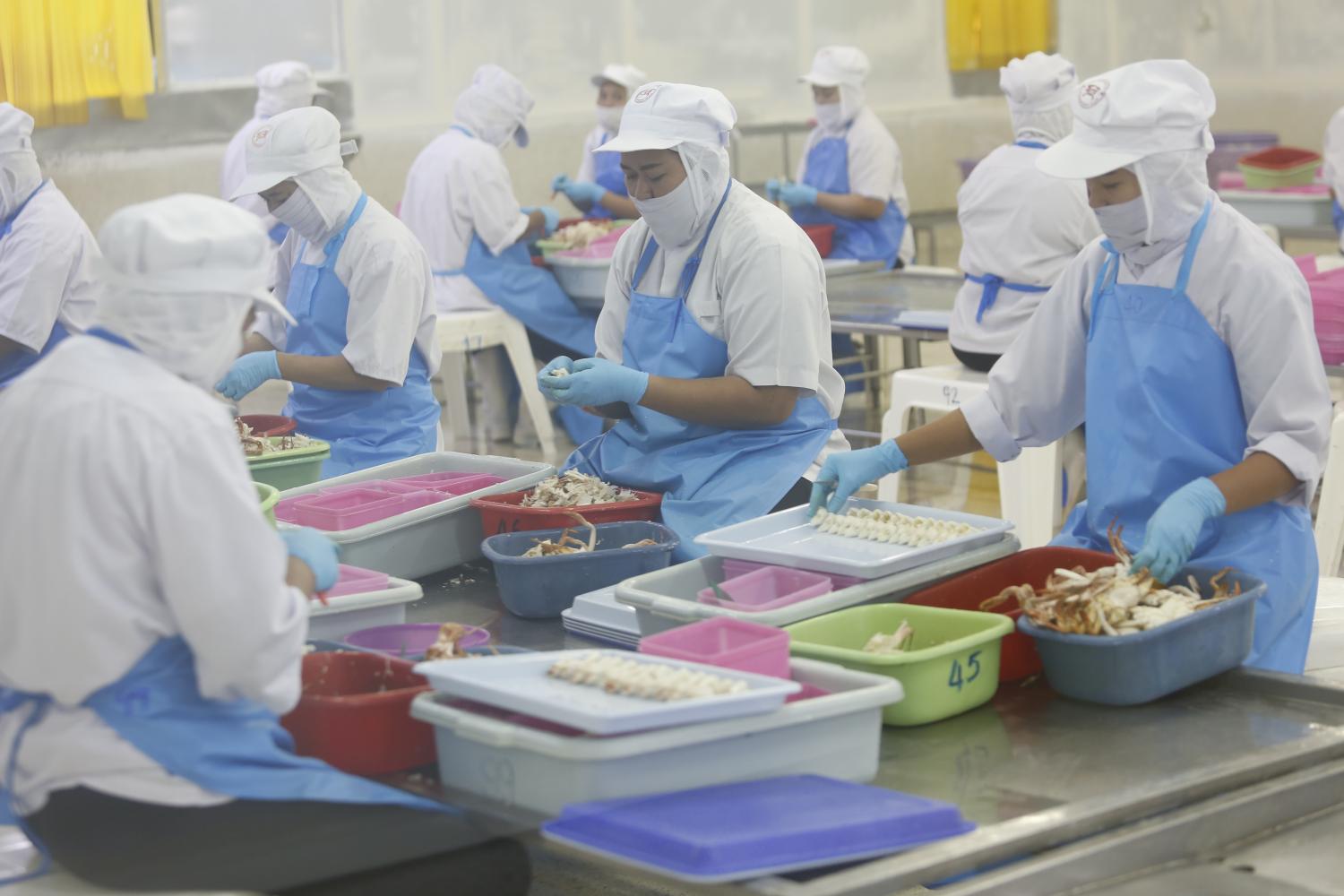
The government plans to adopt a proactive approach to containing the spread of Covid-19 in the manufacturing sector as new infections continue to climb, with 61,919 workers in 881 factories affected over the past four months.
The Industry Ministry called a meeting for Sept 8 with the Labour, Public Health and Interior ministries as well as the Federation of Thai Industries (FTI) to jointly find more effective measures to stop the outbreak.
The government wants to curb new infections as quickly as possible with stronger and more proactive measures, said Decha Chatutananant, inspector-general of the Industry Ministry and chairman of the Crisis Management Centre.
"We are worried a new wave may erupt because the virus can mutate," he said.
"More outbreaks will deal a further blow to the economy and weaken people's purchasing power."
The ministry's latest survey, conducted from April 1 to Sept 2, found the virus hit factories in 62 provinces.
The largest number of infections were reported in Phetchaburi, followed by Chachoengsao, Saraburi, Samut Sakhon and Phetchabun.
The food industry was most affected, followed by electronics, metal, garments and plastic industries.
Last month the ministry issued a serious warning about infections in factories, saying the spread in the manufacturing sector had reached a worrying rate of 13 infected factories a day.
The meeting between government departments and the FTI is crucial to ensure a better response to the outbreaks in manufacturing, said Kobchai Sungsitthisawad, permanent industry secretary.
"The government wants to clarify proactive measures to cope with the outbreak," he said.
Authorities have encouraged large factories to adopt industrial sandboxes to curb infections.
A preventive sandbox scheme has been implemented in four industries -- automotive, electronic parts, food and medical equipment -- along with a mix of other measures to prevent the spread of Covid-19, including testing, setting up field hospitals in factory compounds, and vaccinating workers.
The FTI suggested the government extend factory sandboxes to cover more industries in order to effectively contain the outbreak.
Government officials and businesses are keen to protect the manufacturing sector against outbreaks as it plays a key role in sustaining export growth.